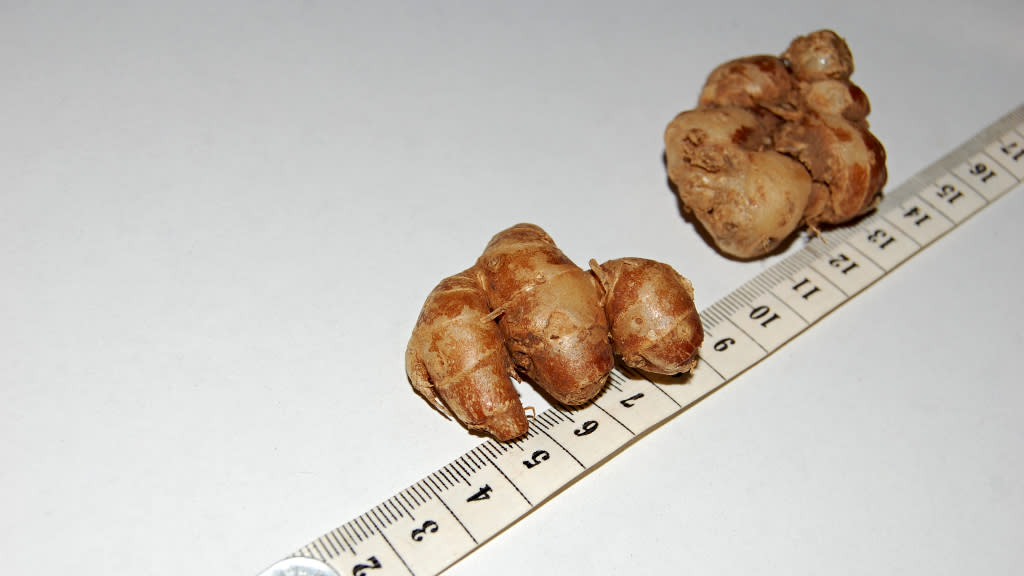Ginger from Southeast Asia can fight cancer, study finds

A type of ginger native to Southeast Asia has anti-cancer properties, a new study reveals.
What it is: This ginger is called kencur (Kaempferia galanga L.), which is typically used as a spice or prepared as herbal tea. It has a peppery and camphorous scent.
What it does: Researchers from Japan’s Osaka Metropolitan University found that kencur extract and its main active component, ethyl p-methoxycinnamate (EMC), can significantly suppress the growth of cancer cells in cellular and animal experiments. EMC is known to decrease the expression of mitochondrial transcription factor A (TFAM), which is linked to the proliferation of cancer cells.
Additionally, the researchers observed that kencur might induce anti-proliferative effects without cytotoxicity to normal cells. This makes it a promising candidate for further study as a safer anti-cancer agent.
What researchers are saying: The study confirms kencur’s anti-cancer properties, the researchers said. However, further research is needed, including clinical trials.
“The results of this study confirm the anti-cancer effects of Kencur extract and its main active ingredient, EMC,” lead author Akiko Kijima said in a statement. “It is highly expected that TFAM will become a new marker for anti-cancer effects in the future as research advances in related fields.”
The study was published in the journal Heliyon.
- Questions and Answers
- Opinion
- Motivational and Inspiring Story
- Technology
- Live and Let live
- Focus
- Geopolitics
- Military-Arms/Equipment
- Sicherheit
- Economy
- Beasts of Nations
- Machine Tools-The “Mother Industry”
- Art
- Causes
- Crafts
- Dance
- Drinks
- Film/Movie
- Fitness
- Food
- Spiele
- Gardening
- Health
- Startseite
- Literature
- Music
- Networking
- Andere
- Party
- Religion
- Shopping
- Sports
- Theater
- Health and Wellness
- News
- Culture


